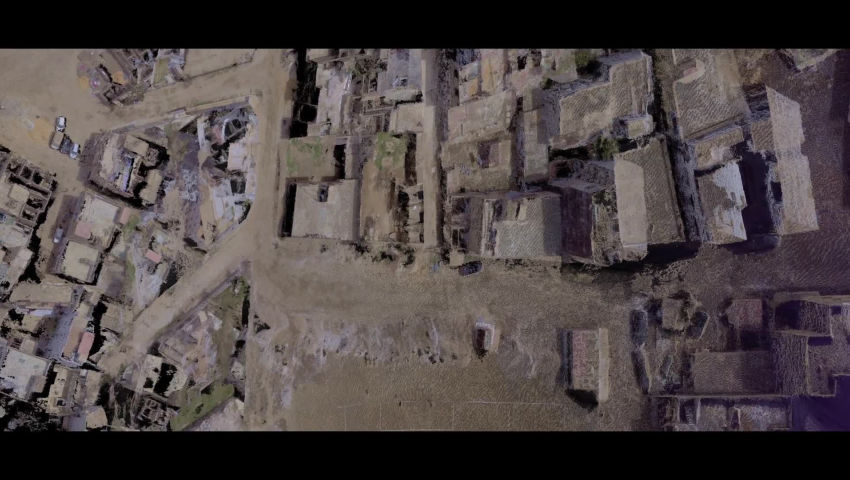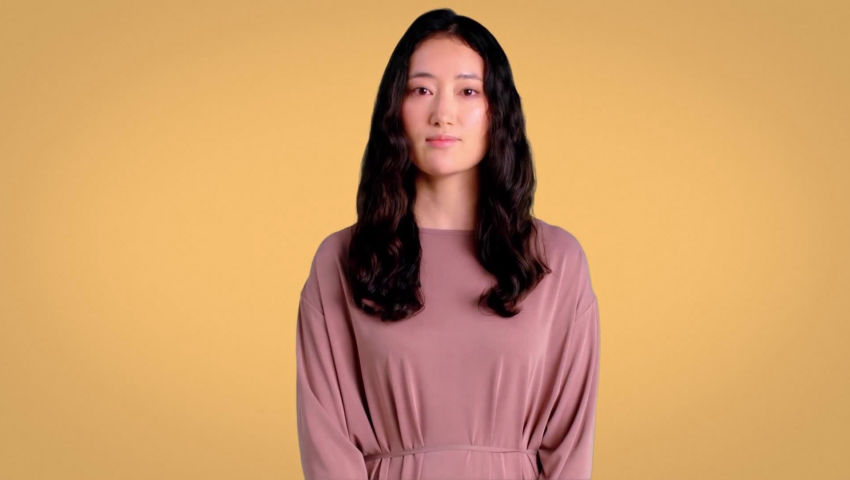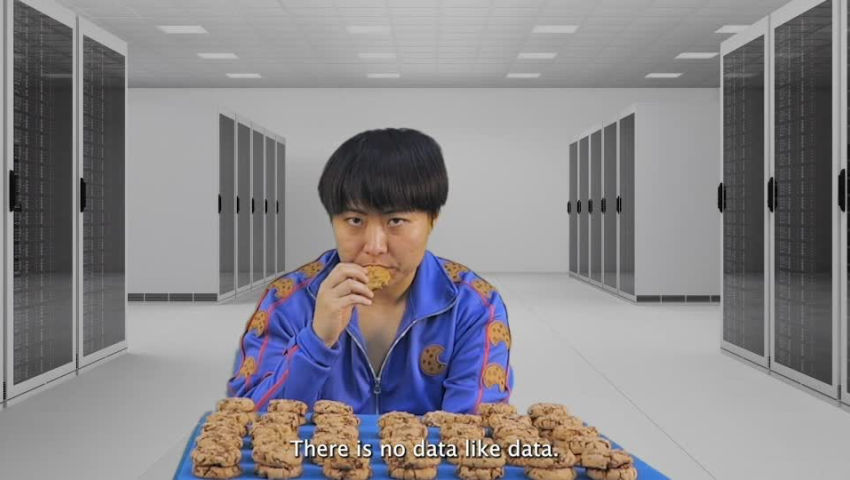Reflecting in the Debris of High Tech: Tube Channel
For all the duration of the installation "Reflecting in the Debris of High Tech" in the window of Constant, video’s and other streams were shared via the systerserver peertube instance ( https://tube.systerserver.net ), a techno-feminist queer collective video-praxis platform!
ALGO-RHYTHM, Manu Luksch, 2019.
https://tube.systerserver.net/w/wwLjXp6okDE4AGji6Kdq8u
A hip hop musical against automated propaganda, directed by Manu Luksch.
Starring: Gunman Xuman, Lady Zee, OMG.
Convenience, not choice. Efficiency, not freedom. Frictionless experience. In marketing and the retail sector, data analytics is widely used to profile and micro-target consumers and to predict behaviour. The ultimate goal, apparently, is for humans to be able to outsource all decision-making to machine intelligence (make Google do it!). What is at stake within the political realm?
ALGO-RHYTHM, shot in Dakar with the participation of leading Senegalese musicians, poets and graffiti artists, probes the insidious but comprehensive threats to human rights and agency posed by the rise of the quantification and algorithmic management of daily life. Using hiphop, drama, street art and data-driven filmmaking, the work explores how our embrace of the convenience of machine intelligence, refracted through the slick interface of smartphone apps, makes us vulnerable to manipulation by political actors. Recognising the urgent need for a new visual language to illuminate this concern, Manu Luksch collaborated closely with Jack Wolf and Mukul Patel to develop a hybrid narrative form that unites photogrammetry and volumetric filmmaking with traditional approaches. Through its auratic and poetic use of computational imaging technologies, ALGO-RHYTHM scrutinizes the limitations, errors and abuses of algorithmic representations.
I thought I was hearing Citizens, Manu Luksch & Mukul Patel, 2023.
https://tube.systerserver.net/w/me4dKVuGmimE9X9UBZQ2Lj
A short film by Manu Luksch & Mukul Patel
As it becomes possible to generate convincing avatars of ‘fake persons’, who have never existed outside of an algorithm, the question arises – when does it matter that there is no body behind?
AI-animated avatars, bots and text-to-speech systems, typically used for corporate training, are spreading to other human-facing scenarios – from primary education and senior care to crowd management and border control. As it becomes possible to generate convincing ‘fake persons’, who have never existed outside of an algorithm, the question arises – when does it matter that there is no body behind? This short film casts AI avatars generated from human actors to relate excepts from recorded discussions on information politics and democracy. The title alludes to Harun Farocki’s I thought I was seeing prisoners / Ich glaubte Gefangene zu sehen (2000), which piercingly questions our outsourcing of seeing to machines, and the moral ‘air gap’ it creates. I thought I was hearing citizens points to a new space of human-machine encounter where such distancing occur.
BLACK-box-cookie-monster, Yufei Gao, 2023.
https://tube.systerserver.net/w/saqBXM3uanA5svCmg8uD25
This essay is derived from my research about the socioeconomic issues as well as the underlying moral and ethical concerns in the Artificial Intelligence/Machine learning fields.
This essay consists of four chapters. It begins with the polysemy of the word “MINE,” chapter one talks about the extraction and exploitation in the workflow of AI/ML systems, both material(mineral and energy) and immaterial(data); and the sense of ownership and privacy when it comes to data. By demonstrating the “data mania” mentality in the field, chapter two talks about the problematic ways of processing data and why more data cannot solve our problems. Chapter three is about our perception about AL/ML systems, what it claims to do, how it actually function, and the potential misusages. The final chapter is dedicated to the alignment problems which have been central to the AI ethics discourses, as well as another kind of alignment problem on the societal level.
This video essay is designed to be read/watched in no particular order. However, in the written version, it is inevitably numbered. Furthermore, the written version of the essay has an additional abstract and an afterword to make it more structured.
@ Systerserver PeerTube Instance



